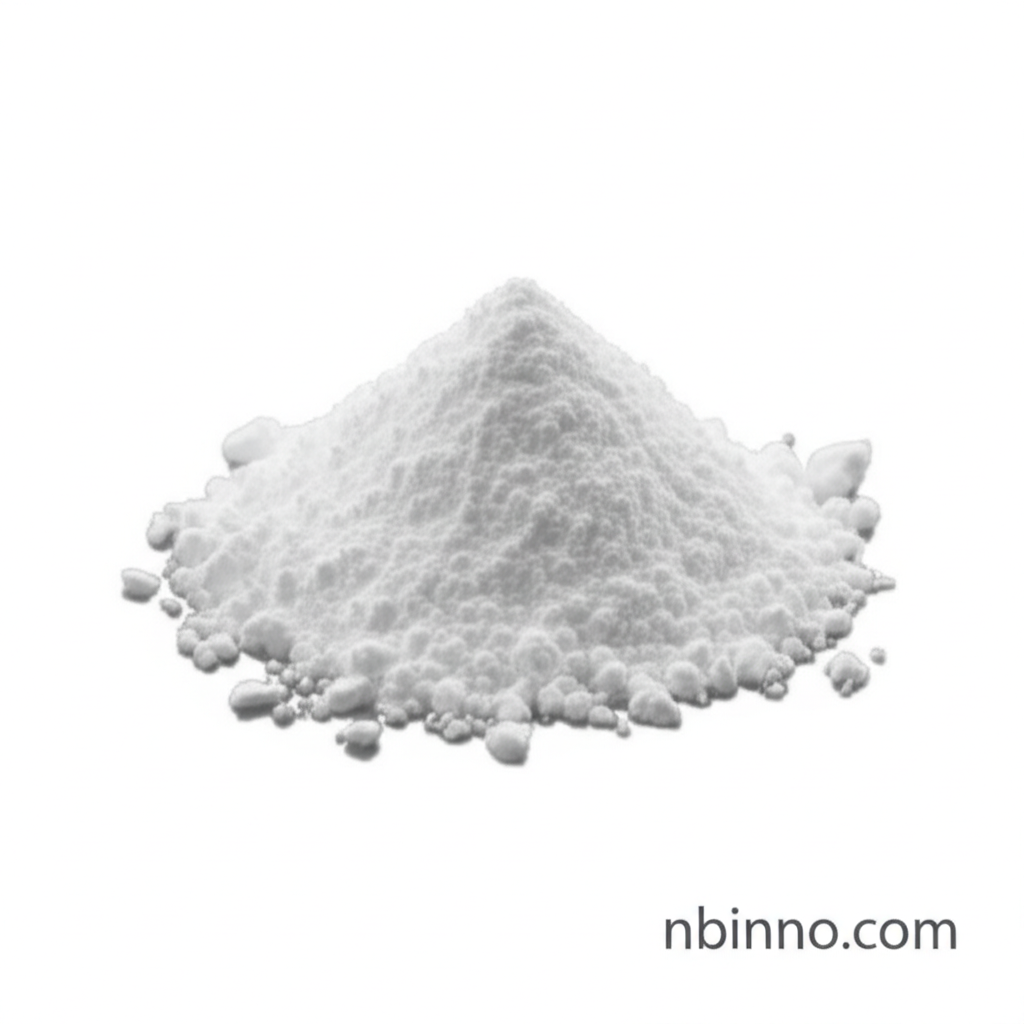8-(Trifluoromethyl)quinoline: A Key Intermediate for Advanced Chemical Synthesis and Pharmaceutical Development
Discover the pivotal role of 8-(trifluoromethyl)quinoline in driving innovation across chemical synthesis and pharmaceutical research, offering enhanced stability and reactivity for groundbreaking applications.
Get a Quote & SampleProduct Core Value

8-(Trifluoromethyl)quinoline
As a leading supplier in China, we offer 8-(trifluoromethyl)quinoline, a crucial chemical intermediate renowned for its enhanced chemical stability and reactivity, largely due to its unique trifluoromethyl group. This compound serves as a vital building block in sophisticated chemical synthesis processes. We are a trusted manufacturer in China, providing high-quality intermediates for diverse industrial needs.
- Leverage 8-(trifluoromethyl)quinoline synthesis for cutting-edge chemical applications.
- Utilize this trifluoromethyl quinoline intermediate in pharmaceutical development for novel drug candidates.
- Explore its potential as one of the essential chemical synthesis building blocks in your laboratory.
- Discover the advantages of incorporating this compound for advanced materials chemical synthesis.
Advantages Offered
Enhanced Stability and Reactivity
The presence of the trifluoromethyl group in 8-(trifluoromethyl)quinoline significantly enhances its chemical stability and reactivity, making it a valuable asset in complex organic synthesis workflows.
Versatile Pharmaceutical Applications
This compound is a key intermediate for pharmaceutical development, enabling the creation of new therapeutic agents, particularly for oncology and infectious diseases.
Material Science Innovation
Its distinct properties make 8-(trifluoromethyl)quinoline suitable for developing advanced materials, including polymers and coatings that exhibit improved performance characteristics.
Key Applications
Pharmaceutical Research
Serve as a cornerstone in drug discovery and development, offering unique properties for creating novel therapeutic agents.
Materials Science
Contribute to the creation of advanced materials, such as polymers and coatings, with enhanced thermal and chemical resistance.
Organic Synthesis
Act as a crucial building block for researchers exploring new chemical reactions and synthesizing innovative compounds.
Biological Imaging
Utilize its structure to develop fluorescent probes, improving the visualization of cellular processes in biological studies.
